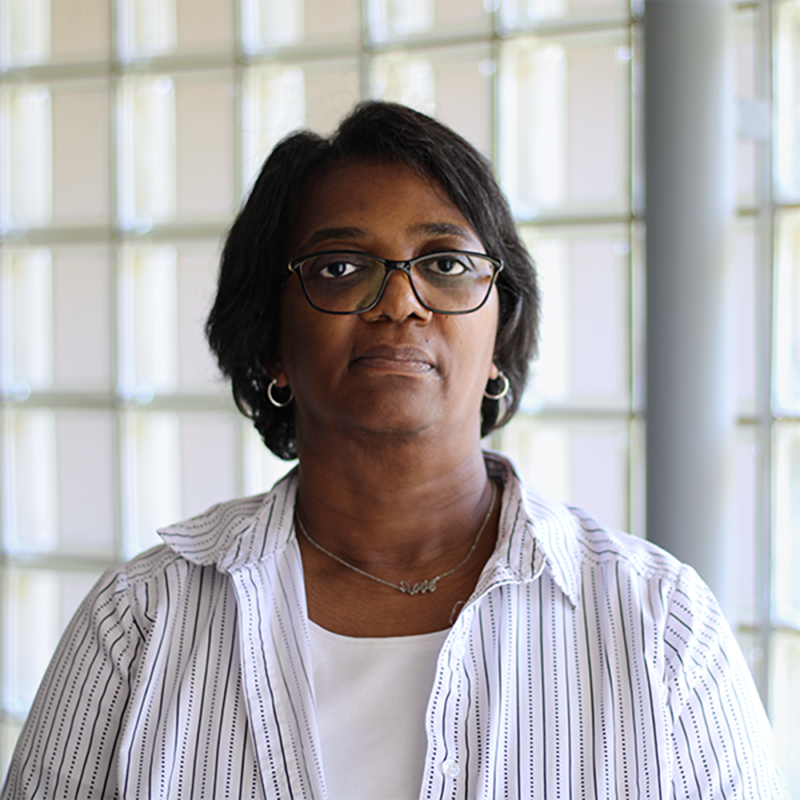This story is part of our 2014 health issue, which also includes articles on mammography, concussions in young athletes, and rhabdomyolysis.
Five years ago, if you’d mentioned the word “gluten,” you might have gotten a raised eyebrow and a question: “Isn’t that one of the seven deadly sins?”
Today, you can’t walk through a grocery store or down a bookstore’s cookbook and nutrition aisles without spotting the phrase “gluten-free.” Increasingly, restaurants offer gluten-free menu options, and chances are you have a friend or family member who has at least tried to give up gluten—a mixture of proteins found in wheat—to treat any number of symptoms from irritable bowel syndrome to joint pain to sinus congestion and headaches.
Is gluten sensitivity really soaring as the pervasive marketing of gluten-free products would suggest, and how do you know if you’re gluten intolerant?
“Certainly there are a lot of people who complain about symptoms,” said UVA gastroenterologist Ann Hays, who sees the increased awareness of gluten intolerance as a good thing since it helps prompt screening for Celiac Disease. That serious autoimmune disorder renders sufferers unable to digest wheat and damages the bowel, leading to various complications including malnutrition, anemia and osteoporosis.
When a patient comes to her office with questions about gluten sensitivity, Hays first runs a test for Celiac, which she says is underdiagnosed, particularly among residents of rural areas where gluten awareness may be lower than it is in Charlottesville. The only treatment for Celiac is a strict gluten-free diet.
If the test for Celiac is negative, Hays says, determining gluten sensitivity relies on the subjective experiences of the patients after removing gluten from their diets. If they experience significant improvement in intestinal ailments or other symptoms, that’s enough evidence to support a diagnosis of gluten intolerance.
“I tend to trust my patients,” she said. “I’m not going to tell them they need to eat gluten and feel bad.”
Ruckersville resident Cathleen Smith figured out on her own 12 years ago that she was gluten intolerant. After years of using an inhaler for asthma and suffering from autoimmune arthritis, she learned about gluten as a cause of such symptoms and tested a gluten-free diet. The results, she said, were remarkable, and she’s never turned back.
“I walked around with my inhaler in my purse for a full year after going gluten-free,” she recalled, noting that she never again needed it.
Smith is the head of the Charlottesville chapter of the Gluten Intolerance Group (GIG), which boasts 80 members who meet once a month to talk recipes and other tips for gluten-free living. It can be a challenge.
“Wheat is everywhere. It’s not easy,” said Dianne Vitt, a registered dietician at Martha Jefferson Hospital, who determined she was gluten intolerant a year ago and is now a member of GIG. “I think what’s interesting to me as a dietician is that I’ve had to experience habit change in a real way,” she said, noting that her primarily gastrointestinal symptoms abated quickly after she removed gluten.
While the gluten-free alternatives available at grocery stores and restaurants have multiplied exponentially in recent years, there are times when even Vitt gets frustrated and misses the foods she once enjoyed.
“There’s not a substitute for the way real bread tastes,” she said, adding that around the holidays, cravings kicked in. “There were times when I’d feel, ‘Whoa, I just want to put a cookie in my mouth,’” she said.
While some people with gluten sensitivity will still occasionally eat food containing gluten, Smith does not—the price, she said, is too high.
“For me it’s all or nothing,” she said. “I can tell if I’ve been cross contaminated. If a restaurant put croutons on my salad accidentally, and I send it back, I’ll know if they just pick them out. I’ll get sick. I need a whole new salad.”
But after 12 years, things are getting easier. She points out the selection of gluten-free foods is far broader now than when she gave up gluten more than a decade ago. Back then, the only places to find gluten-free foods were health food stores.
Smith has particularly high praise for Burton’s restaurant at The Shops at Stonefield, where gluten-free foods are prepared in a separate area of the kitchen and then served on square plates to to help ensure there is no cross contamination.
Smith also delights in the baked goodies from several local gluten-free bakeries including Ruckersville-based Mixing It Up. And while anyone following a gluten-free diet must forego beer, she points out that it doesn’t mean becoming a teetotaler, as wine and most hard liquors are gluten free.
Both Vitt and Smith agree that the challenges of following a gluten-free diet are outweighed by the relief in symptoms.
“When you have a physical challenge that’s relieved by dietary change, it’s easy in that way,” said Vitt, who echoes Dr. Hays’ assertion that gluten intolerance is often best diagnosed by the patient.
“If you realize a person has had headaches, and they remove gluten and feel better, I believe them,” she said.





